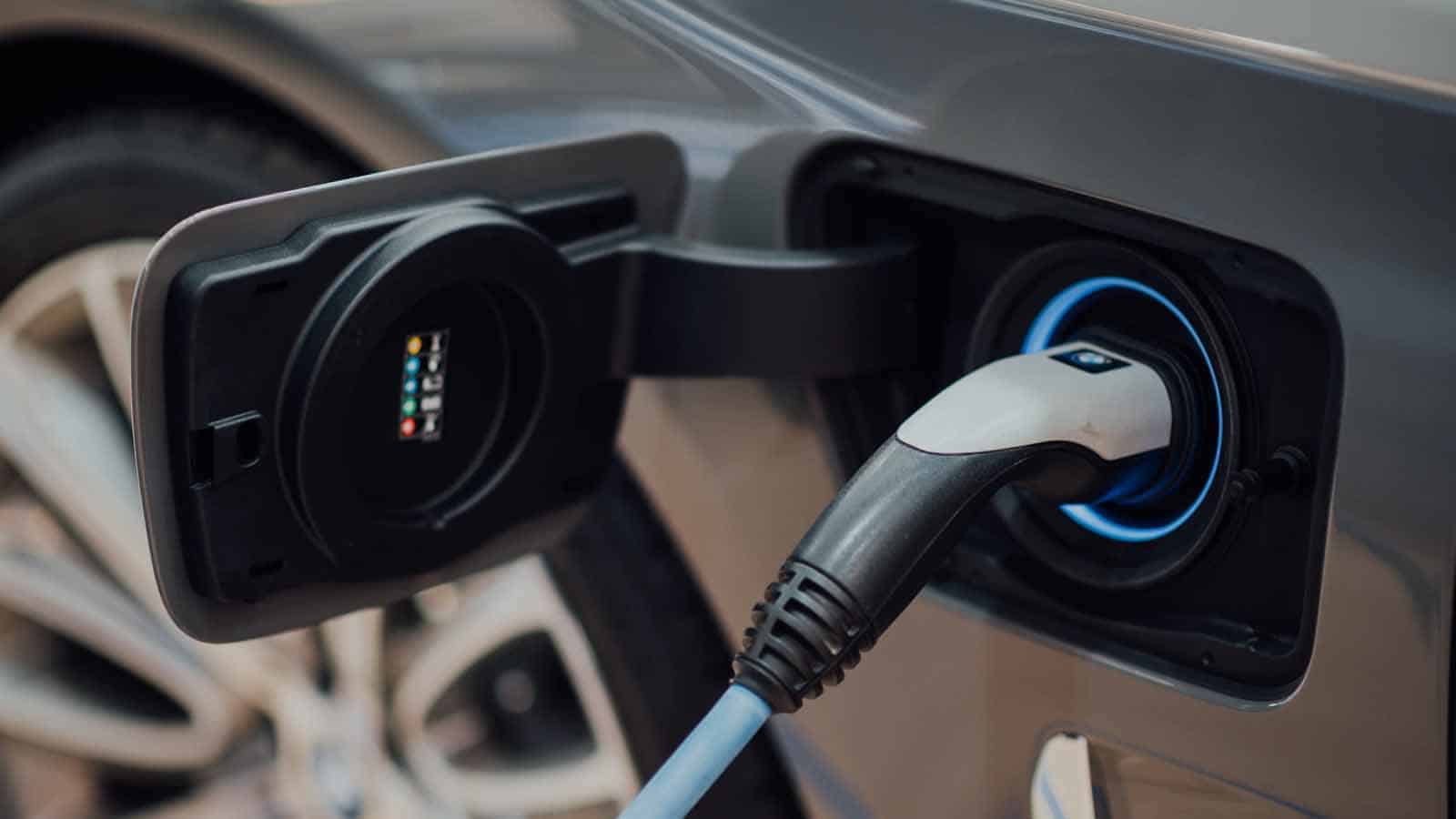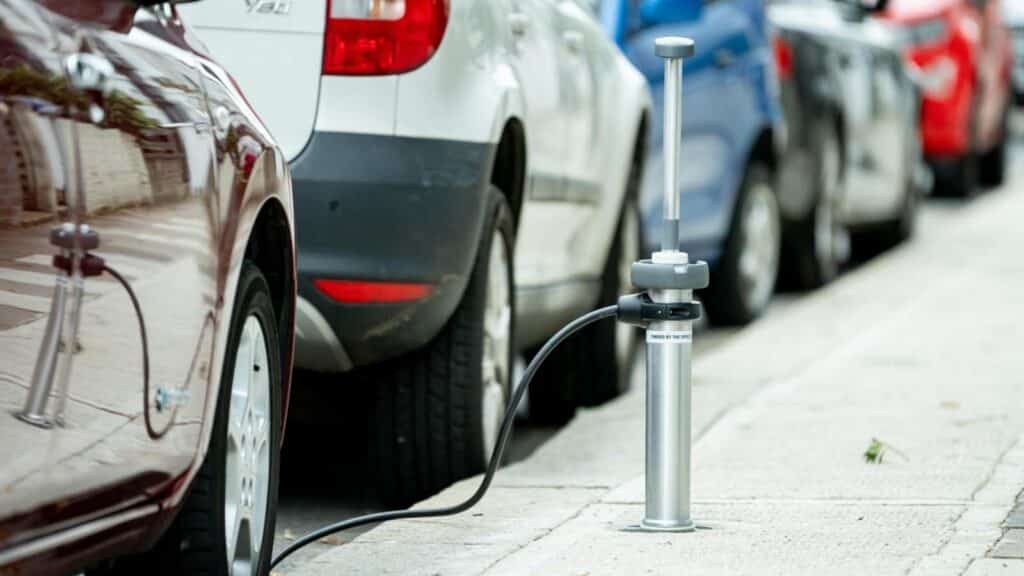News
The UK will require all new homes and businesses to install EV chargers
The change goes into effect in 2022.

Just a heads up, if you buy something through our links, we may get a small share of the sale. It’s one of the ways we keep the lights on here. Click here for more.
The UK is pushing towards an all-electric vehicle future, with new gas and diesel car sales ending in 2030. As part of that, the government announced that all future new homes and business buildings will have to install electric vehicle (EV) chargers.
The net effect of this regulation? Up to 145,000 new charge points will be installed annually, adding to the 250,000 EV charge points the government has already helped with. Those new EV chargers will be in homes, stores, and offices, blanketing the country in easily-accessible charge points.
It’s not just new buildings that will need to include EV charge points. Any “large scale renovation” that has over 10 parking spaces will also have to install charge points, further adding to that total. The publicly-accessible fast and rapid charging points will also get new ways to pay, including contactless payments to further reduce friction in EV adoption.

A report earlier this year in Autoweek said that businesses and fleet operators had been purchasing more EVs than personal owners. That’s partly down to a lack of charging infrastructure for “ordinary drivers,” which this new regulation is aimed at.
With “1 in 3 households rely[ing] on on-street parking,” the future of EVs in the UK will need to solve the charging problem to get everyone switched over from combustion engines. Maybe these EV charging stations that disappear into the ground when not in use could help ensure everyone can charge their EV, or even convert roads to wirelessly charge EVs, but that would require a massive influx of funding.
Other issues the government needs to deal with are the disparity between charging at home and at public charging points, and the potential strain on the electricity grid when everyone is using EVs. It’s clear that, while EVs might solve our fossil fuel issues, they bring their own questions and problems that still need to be resolved.
Have any thoughts on this? Let us know down below in the comments or carry the discussion over to our Twitter or Facebook.
Editors’ Recommendations:
- Tesla is shipping cars out with missing USB ports
- The Apple Car is reportedly going all-in on self-driving and could release by 2025
- Uber charges some passengers with disabilities extra fees and the DOJ isn’t having it
- Ford turned one of its iconic retro trucks into an EV, but don’t get your hopes up, you can’t buy it
































